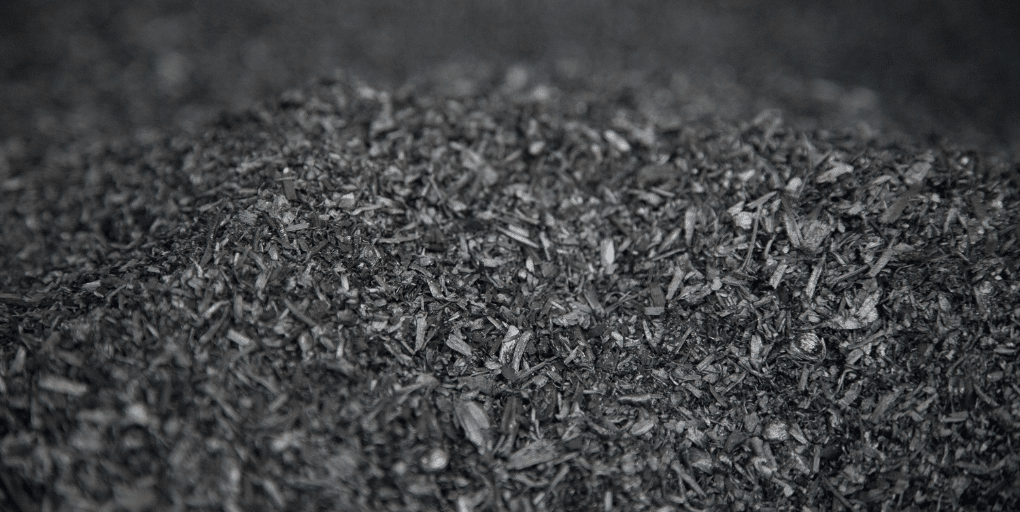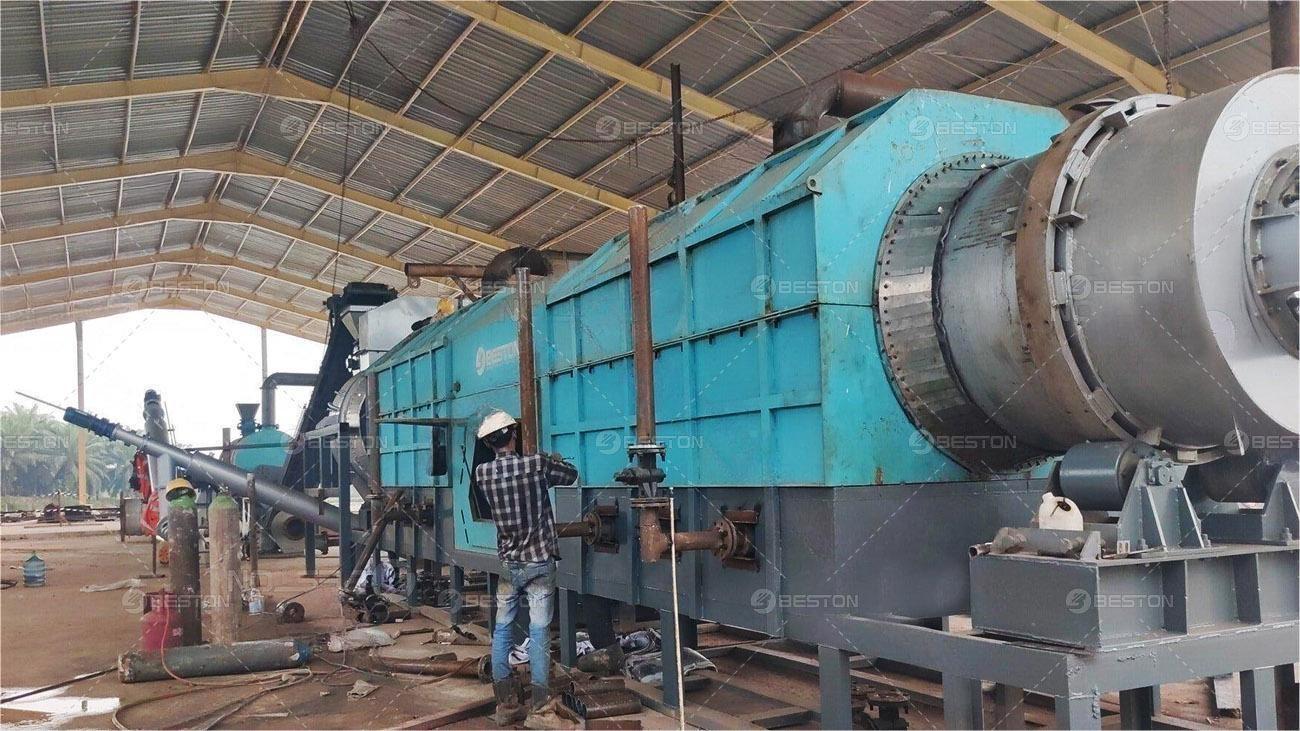In recent years, pyrolysis of biochar has gained significant attention as a sustainable solution for waste management and soil improvement. This innovative technology offers a multitude of advantages that extend beyond traditional waste disposal methods. In this article, we will explore the various benefits of pyrolysis of biochar and its potential applications in agriculture, environmental conservation, and renewable energy.
Soil Enrichment:
One of the primary advantages of pyrolysis of biochar is its ability to enrich soil and enhance agricultural productivity. Biochar, a carbon-rich material produced through the pyrolysis of organic biomass, acts as a long-term soil conditioner, improving soil structure, water retention, and nutrient availability. When incorporated into agricultural soils, biochar increases soil organic carbon levels, promotes microbial activity, and reduces nutrient leaching, ultimately leading to higher crop yields and improved soil health.
Carbon Sequestration:
Pyrolysis of biochar plays a crucial role in carbon sequestration and climate change mitigation. By converting biomass waste into stable biochar through pyrolysis, carbon that would otherwise be released into the atmosphere as greenhouse gases is effectively captured and stored in the soil for long periods. This process helps mitigate the effects of climate change by reducing carbon dioxide emissions and enhancing the resilience of ecosystems to environmental stressors.
Waste Management:
Biochar pyrolysis technology offers an environmentally friendly solution for managing organic waste streams, including agricultural residues, forestry waste, and municipal solid waste. By converting these waste materials into biochar through pyrolysis, valuable resources are recovered and repurposed, reducing the need for landfilling and incineration. Additionally, biochar produced through pyrolysis can be used as a sustainable alternative to fossil fuels in energy production, further minimizing waste and reducing dependence on non-renewable resources.
Soil Remediation:
In addition to soil enrichment, pyrolysis of biochar has shown promising results in soil remediation and environmental remediation efforts. Biochar acts as a sorbent for contaminants such as heavy metals, pesticides, and organic pollutants, effectively immobilizing them and preventing their uptake by plants or leaching into groundwater. By amending contaminated soils with biochar, the risk of environmental contamination is reduced, and soil health is restored, leading to improved ecosystem resilience and biodiversity.

Renewable Energy:
Biochar produced through pyrolysis can serve as a renewable energy source with various applications in energy generation and storage. When used as a solid fuel in combustion or gasification processes, biochar can produce heat, electricity, and biofuels, offering a sustainable alternative to fossil fuels. Furthermore, biochar has the potential to serve as a carbon-neutral or carbon-negative energy source when produced from sustainably managed biomass feedstocks, further contributing to climate change mitigation efforts.
Water Management:
Pyrolysis of biochar also has implications for water management and conservation. Biochar-amended soils have been shown to increase water infiltration rates, reduce soil erosion, and improve water retention capacity, particularly in sandy or degraded soils. Additionally, biochar from the biochar reactor acts as a filter for pollutants in water bodies, reducing nutrient runoff and improving water quality. These benefits make biochar a valuable tool for sustainable water management practices in agriculture and environmental restoration projects.
Conclusion:
In conclusion, pyrolysis of biochar offers a range of advantages that make it a valuable technology for sustainable agriculture, waste management, environmental conservation, and renewable energy production. From enriching soil fertility to sequestering carbon and remedying contaminated lands, biochar produced through pyrolysis holds immense potential for addressing some of the most pressing challenges facing our planet today. By harnessing the power of biochar pyrolysis technology, we can create a more sustainable and resilient future for generations to come.

Comments
No comments yet. Be the first to react!